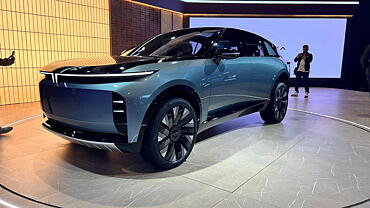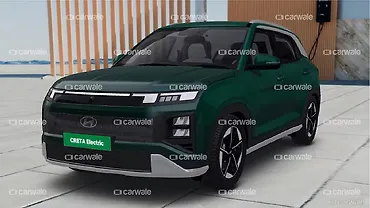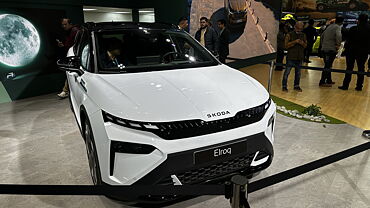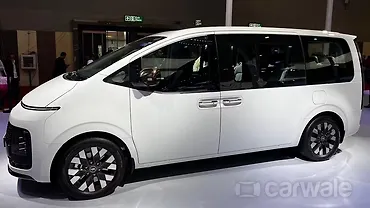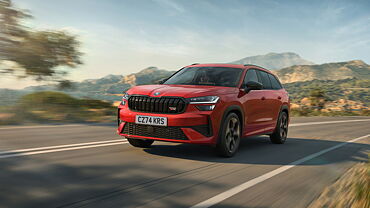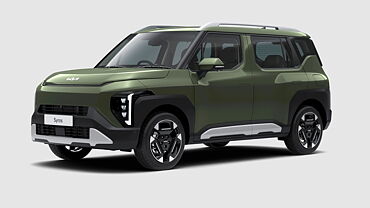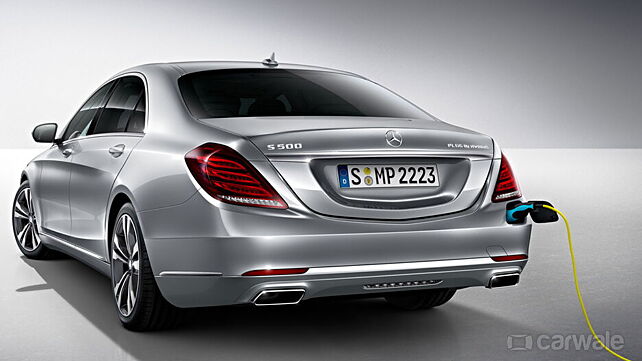
The German manufacturer, Mercedes-Benz announced their plans to introduce the range of plug-in hybrids and electric vehicle in India by the year 2018. The plans are two years ahead of the government’s plan to introduce a stringent emission norm. And the company expects to gain an early bird advantage in their venture.
Under the Auto Fuel Policy, the earlier plans were to implement the BS-V from April 2022 and BS-VI norms from April 2024. Now, skipping the BS-V altogether, the plan is to implement the BS-VI norms from 2020.
Mercedes- Benz India MD and chief executive Roland Folger said in an interview, “We can easily meet the BS-VI requirements. All we need is a year to make the changes. And we can bring in models with alternative drive trains including plug-in hybrids and electric vehicles from our global portfolio. We already have one of the widest ranges of such models globally. We have our cars ready but we need support and time from the government. We will be BS-VI compatible by 2018 itself.”
The German premium vehicle manufacturer has the largest lineup of plug-in hybrids already and yet is greatly investing in the technology. An investment of 500mn Euros into a second battery production plant at Kamenz in Germany, for instance. The parent company, Daimler also acquired a 10 per cent stake in Tesla Motors, in April 2010. Mercedes is even developing a multi-model electric vehicle architecture for battery-powered cars. The company said it expects its electric mobility arm to be in the six-digit figures by the year 2020.

Internationally, Mercedes' electric vehicles includes the Smart Fortwo Electric Drive, which is in its third generation, the Smart Fortwo Coupe, Smart Fortwo Cabrio, and the Smart Forfour Electric Drive. The German carmaker's other electric models comprises the B250e. On the plug-in hybrids, Mercedes have 13 models, including the S500e, C350e, the GLE500e 4MATIC, and the GLC350e 4MATIC, the GLC Coupe 350e 4MATIC, and the E350e. Mercedes is also launching the facelifted version of the S500e next year. Also, the carmaker will develop the GLC F-Cell, the company's first fuel-cell-powered vehicle with plug-in technology which will go into production from 2017.

